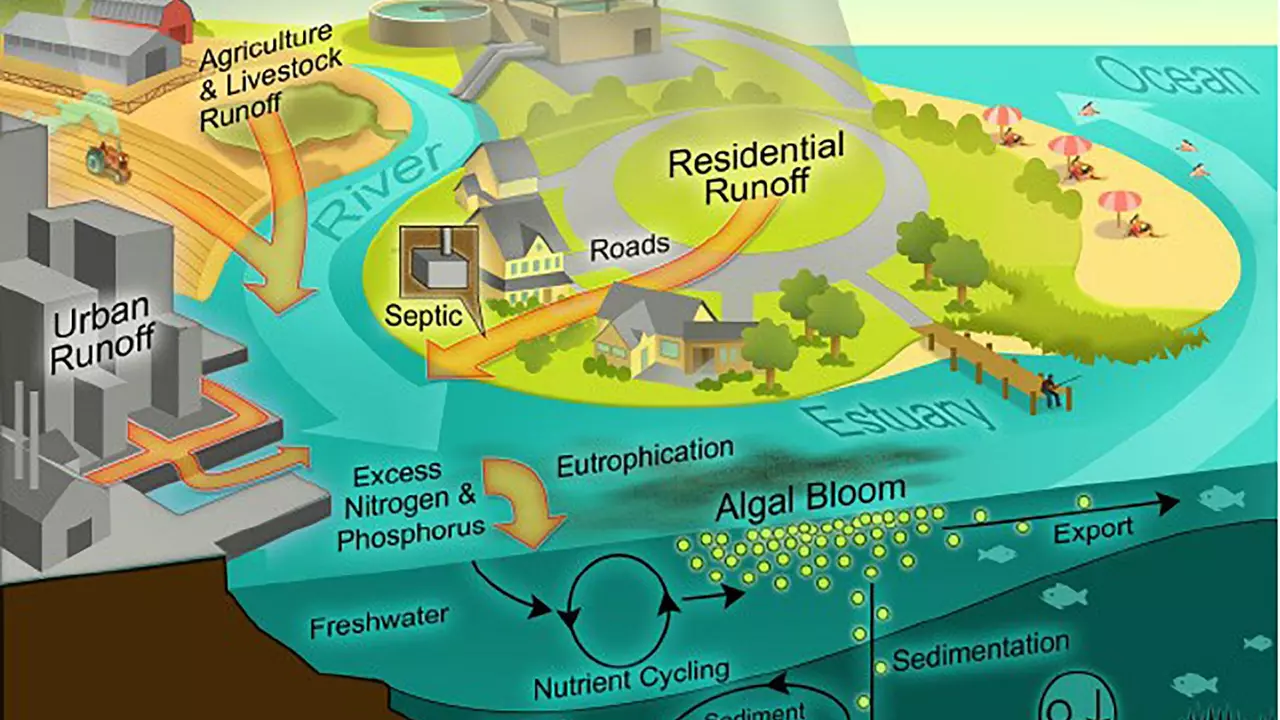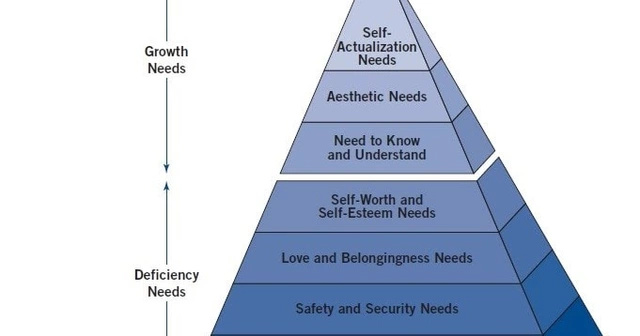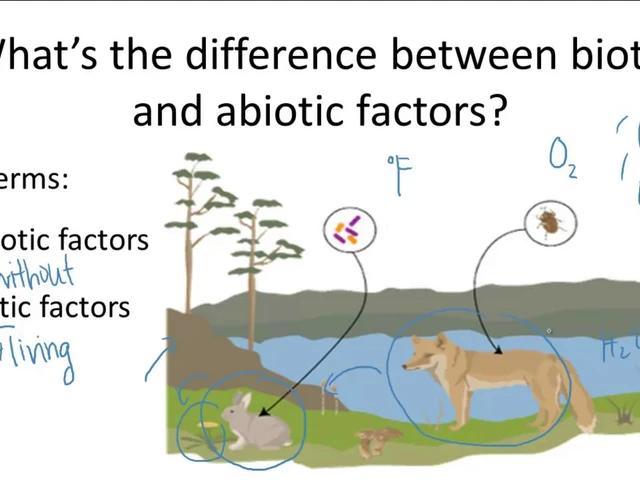The Invisible Cities: Defining Urban Ecosystems
Yes, my dear reader, it surprised Finn too! Cities, much like the sprawling Amazon jungle or the depths of the Mariana Trench, are ecosystems in their own right. You heard that right! Your busy, bustling neighborhood, crammed with concrete buildings and choc-a-block traffic, is a thriving ecosystem. But wait, what does Finn mean by that - an urban ecosystem? Before your eyebrows knit in further confusion, let's clear the air. An ecosystem, in the simplest terms, is a community of living organisms - that's us, humans, along with our pet cats, dogs, the pigeons cooing in our balcony, and the ants in our kitchen, interacting with each other and the environment. So, when we say an urban ecosystem, it's referring to the human-dominated metropolitan areas where people live and work in high densities.
The Artificially Natural Environment: Components of Urban Ecosystems
The components of an urban ecosystem? Another jaw-dropping moment for yours truly, Finnegan. It's not just about people, buildings, and roads. The urban ecosystem is a complex web of countless components. First, there's the physical environment, including the buildings, roads, bridges, parks, and other infrastructure. It's like the skeleton that provides the structure for the ecosystem. Then we have the bio-organismal environment, constituting the trees, plants, animals, birds, and microscopic organisms that inhabit our cities. Yes, pigeons, squirrels, and that stray cat are part of this too! And finally, we have the social environment. This includes all the economic, cultural, political, and social interactions among urban dwellers. In short, it's a diverse, fascinating world we're living in!
City Jungle: The Urban Food Chain
City pigeons aren't just for pooping on statues! They, along with a myriad of organisms, play a crucial role in the urban food chain. Finn shrugs, too. But it's true. In every ecosystem, there’s a food chain that depicts the flow of energy from one organism to another. The urban food chain? It’s a wild ride! From the algae in city ponds serving as food for aquatic insects, to towering trees offering fruits to birds, to domestic cats hunting down rats, there's a fierce instinct for survival hidden amidst our urban sprawl. And let's not forget the scavengers, humble yet indispensable. From crows to rag-pickers, they contribute to the urban food chain by consuming waste and keeping our environment clean.
It's getting hot in here: Urban Heat Island Effect
Ever noticed how your city feels warmer than the countryside? That's no coincidence! It's a phenomenon known as the Urban Heat Island Effect. Here's where Finn’s inner geek gets a little too excited. Precisely put, the dense concentration of buildings, people, and human activity generates heat, coupled with the absence of sufficient green spaces to absorb them, leads to elevated temperatures in urban areas. These "heat islands" can negatively affect the health and quality of life of city dwellers. So next time you feel the city's too hot, remember it's not just the global warming – the urban heat island effect's also at play!
Green is the new gray: Urban Green Spaces
Ever feel like running away from the hustle and bustle of city life, yearning for a whiff of fresh air? Urban green spaces are the answer! These are areas in cities - like parks, gardens, and even vacant lots, that have been allowed to grow naturally or have been specifically planted to increase greenery. Trust Finn, these seemingly small patches of green are crucial for the health of urban ecosystems by providing habitat for wildlife, mitigating the urban heat island effect, and providing recreational areas for us humans. They're like literal lungs for the city, making our urban ecosystems not only beautiful but also sustainable.
Urban Warriors: Role of Citizens in Maintaining Urban Ecosystems
You, my dear reader, play an essential role in maintaining the health of our urban ecosystems. Yes, Finn means you! Whether it's by conserving water, recycling, planting trees in your neighborhood, or simply not feeding bread to the ducks in the park (it's junk food for them!), you're an urban warrior, safeguarding our cities. Let's face it, cities are the heart of human civilization. And the onus of taking care of our urban ecosystems is on all of us. After all, as they say, "We do not inherit the earth from our ancestors; we borrow it from our children".
Just another Brick in the Wall: Conclusions in Concrete
As Finn would say, our cities, these complex urban ecosystems, are like an orchestra. Each element, no matter how small or seemingly insignificant, plays a critical part in maintaining harmony and balance. But let's face it, for most of us, cities are just places where we live, work and play. It's easy to forget that we're part of something bigger - an intricate, dynamic, and fascinating ecosystem that involves not only us humans but countless other organisms and the physical environment. So next time you step out into the urban jungle, remember, this is home - not just for you, but for a myriad of organisms living in an unlikely but incredibly powerful ecosystem.



